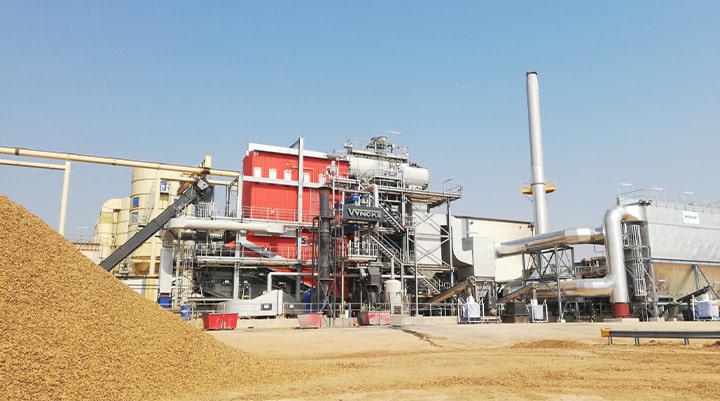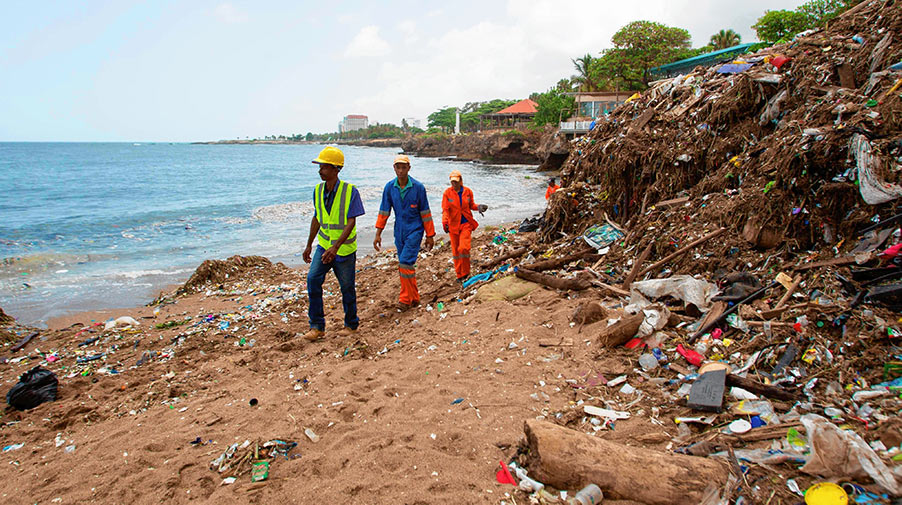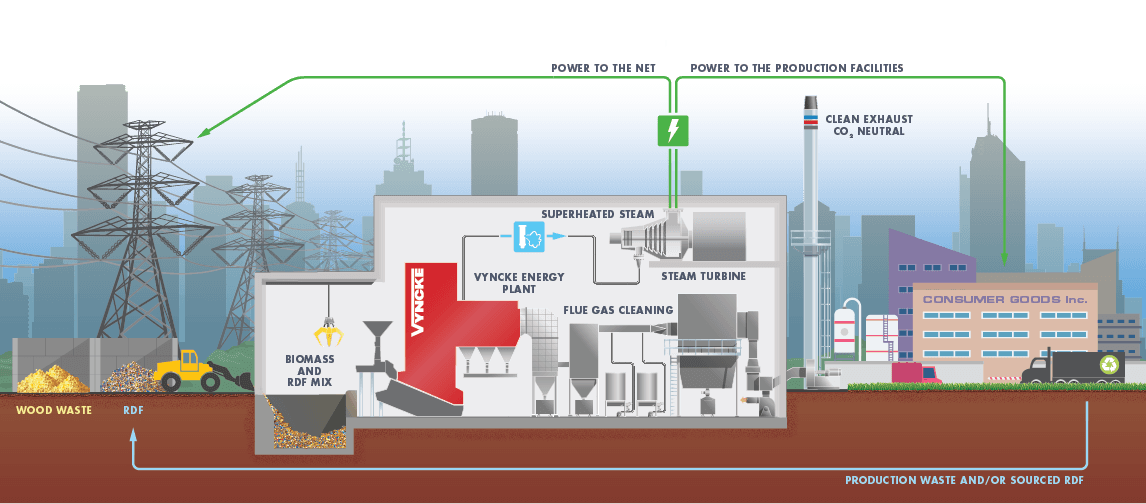Waste to Energy
Waste to Energy
Our Partner company Dr. Fechter Clean City is a comprehensive and sustainable initiative of Dr. Leonhard Fechter to support emerging regions in terms of waste management. With over 35 years of know-how and German engineering, Dr. Fechter Clean City handles projects for anything from smaller industries to municipalities.
Based on highly developed biomass plants, Dr. Fechter Clean City enables waste disposal and energy production exactly where the waste is being accrued. With all its experience and German engineers combined with deep knowledge about the needs in emerging regions, Dr. Fechter Clean City creates a better life and a smarter planet through waste-to-energy.

Waste to Energy
To take over responsibility and awareness for the environment and local countryside is a process which could be accelerated with the know-how we already have in our world. To help these countries to develop faster so that they can have clean neighborhoods, clean cities and clean countryside is Dr. Fechter Clean City’s main motivation.
The effort required to reach a system for waste management is affordable for every smaller industry or municipality, and even offer a return on investment. With Dr. Fechter Clean City’s German biomass plants and the know-how from the past 35 years, Dr. Fechter Clean City is developing and engineering the optimal solution. Dr. Fechter Clean City’s mission is to successfully operate the waste-to-energy plants over their life time and always in a conjoined way with local engineers, electricians and operators, as employment of the local people is an important part for acceptance and sustainability. Dr. Fechter Clean City establish electricity production from the urban waste and turn your area into a CLEAN CITY.

Waste to Energy
Tailor-made biomass & waste-to-energy solutions: Technology suitable for individual supermarket (100 KW), hotels (e.g. 1.5 MW) or entire community (e.g. 5 MW to 50 MW); German project management; German engineering, operation and maintenance; Proven Concept.


Waste to Energy
Basic functionality of a waste-to-energy plant
Municipal solid waste (MSW), often called garbage, used to produce energy at waste-to-energy plants and at landfills.
MSW contains:
- Biomass, or biogenic (plant or animal products), materials such as paper, cardboard, food waste, grass clippings, leaves, wood, and leather products.
- Nonbiomass combustible materials such as plastics and other synthetic materials made from petroleum.
- Noncombustible materials such as glass and metals.
MSW is usually burned at special waste-to-energy plants that use the heat from the fire to make steam for generating electricity or to heat buildings.
Biomass materials accounting often for the majority of the electricity generated. The remainder of the combustible MSW was non biomass combustible material, mainly plastics.
This indirect approach to generation currently has an efficiency of around 20-30%.

